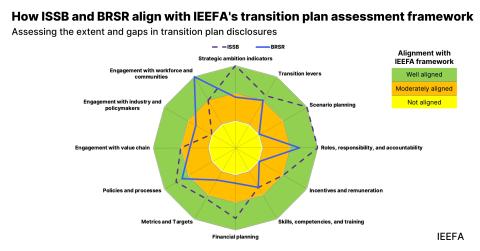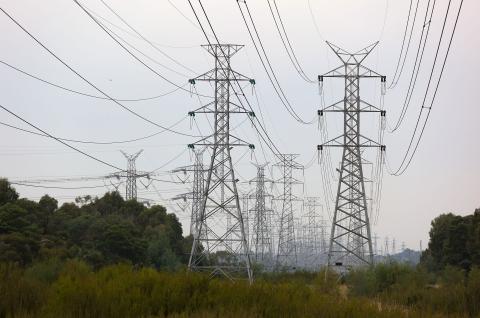Paying for failure: High fees for consultants shortchange Puerto Rico electrical grid
Download Full Report
Key Findings
The restoration of Puerto Rico's Electric Power Authority (PREPA) has generated more than $440 million in consulting contracts during the last seven years.
By the time this electrical system transformation process is completed, professional consulting contracts may exceed US$1 billion.
Executive Summary
Puerto Rico continues to suffer from an electrical system that is bankrupt, in poor
physical condition and charges among the highest rates in the United States. For the
last seven years, the island’s government and the congressionally created Financial
Oversight and Management Board (FOMB) have sought to transform the Puerto Rico
Electric Power Authority (PREPA) and restructure its debt. So far, the PREPA
transformation has produced two failed debt restructuring agreements; a failure to
prioritize renewable energy; a controversial and potentially unviable privatization
contract; and continuing contracting scandals. Yet hundreds of millions of dollars
have been spent on professional consultants in an attempt to solve the electrical
system’s problems. The proliferation of off-island, unaccountable consultants
making key operational and financial decisions for the electrical system is
symptomatic of a failure of governance reforms. By the time this electrical system
transformation process is completed, professional consulting contracts may exceed
$1 billion.
IEEFA reviewed professional services contracts related to debt restructuring and
the transformation of PREPA from fiscal year 2015 to the present. IEEFA found:
- Puerto Rico agencies have signed more than $440 million in professional services contracts for PREPA’s restructuring and transformation.
- Puerto Rico firms have received only 3% ($14 million) of the total contract amounts.
- Some legal and technical consulting firms charged rates that topped $1,200 per hour.
- The FOMB estimates PREPA will require an additional $500 million to restructure its debt and exit the bankruptcy process.
- The issue of excess fees and lack of controls over professional services has been independently raised by the Puerto Rico Energy Bureau (PREB) and by a court-appointed fee examiner in PREPA’s bankruptcy case.
This boon to legal, financial and technical consultants represents not only a major
and often unnecessary expense to the people of Puerto Rico, but has also
contributed greatly to a structure in which there is no meaningful incentive to
produce solutions.
IEEFA’s analysis points to a particular failure of the FOMB, which was established
with the mission of achieving fiscal responsibility and restoring capital market faith
in Puerto Rico. As a start towards correcting these fundamental problems, IEEFA recommends:
- A fee structure that reflects Puerto Rico’s economy;
- A substantial reduction in fees for contractors with long-standing agreements in Puerto Rico;
- Enhanced transparency around how PREPA and the FOMB are budgeting for $500 million in future consulting fees;
- Amending federal law so that the people of Puerto Rico are no longer responsible for paying the costs of the FOMB; and
- Implementing an Independent Private Sector Inspector General (IPSIG) to monitor electrical system contracting, and deter waste, fraud and abuse.
















